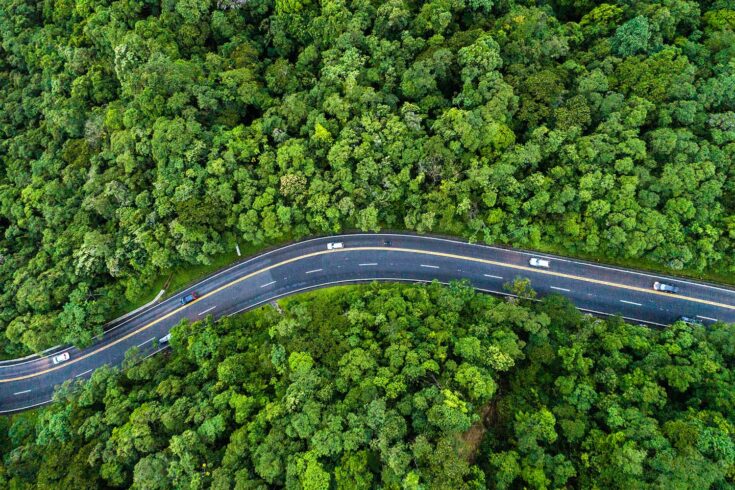We have been engaging early career researchers (ECRs) from multidisciplinary backgrounds across the six Supergen hubs focusing on:
- offshore renewables
- hydrogen
- bioenergy
- solar
- energy networks
- energy storage.
Empowering and developing ECRs
By working with the ECR communities within each hub earlier this year we identified a need to provide skills and development in the communication of science, ahead of the Climate Change Conference (COP26). This was in order to empower our ECRs to demonstrate just how their research is contributing to the fight against the climate crisis.
Delivered by The Conversation, we committed funding for a cohort of multidisciplinary ECRs to spend two sessions working together to focus on pitches to the media, sharing their ideas and collaborating on the best approaches.
This resulted in Energy Networks Hub ECR Ali Ehsan (University of Manchester) being published in The Conversation.
Providing a platform for ECR voices
Two months ahead of COP26 we held our own Supergen net zero conference. Prior to this we convened a cross-hub multidisciplinary group of Supergen ECRs to design, develop and deliver a three-hour programme for the ECR forum, which took place at the beginning of the conference.
The most well attended session at the conference, the ECR forum on YouTube was split into hour long sessions focusing on the UK Research and Innovation COP26 priorities of:
- greening the economy and society
- the future of sustainable transport
- securing a global transition to clean energy.
A mix of ‘flash talks’ and panel discussions from a variety of ECRs from different technological backgrounds explored the role of research in delivering net zero.
These highlighted the willingness of ECRs to go beyond their technological niches, demonstrating ECR desire for collaborative, whole-systems research activities that take multi-disciplinary approaches to net zero energy research.
In Glasgow at COP26 itself we held a Supergen ‘fishbowl’ debate on energy systems. This was well attended by ECRs who confidently engaged in debate with more experienced academics, industry partners and policymakers, making the most of the opportunity to have their voices heard.
Supporting ECRs to continue to deliver net zero energy research
As a result of the discussions, Supergen ECRs have published a strategic priorities for net zero energy research paper (PDF, 402KB).
This explores strategic priorities for net zero energy research, developing more sustainable research methodologies. It provides the thoughts and opinions of ECRs as to where research and innovation is needed if we are to reach net zero by 2050.
The paper outlines the perspectives of ECRs on the challenge that lies ahead of them. It amplifies their voices in calling for additional support to help them to continue to deliver ground-breaking energy research, and take on a bigger role in the journey to net zero that they are ready for.
Top image: Credit: FG Trade, Getty Images



